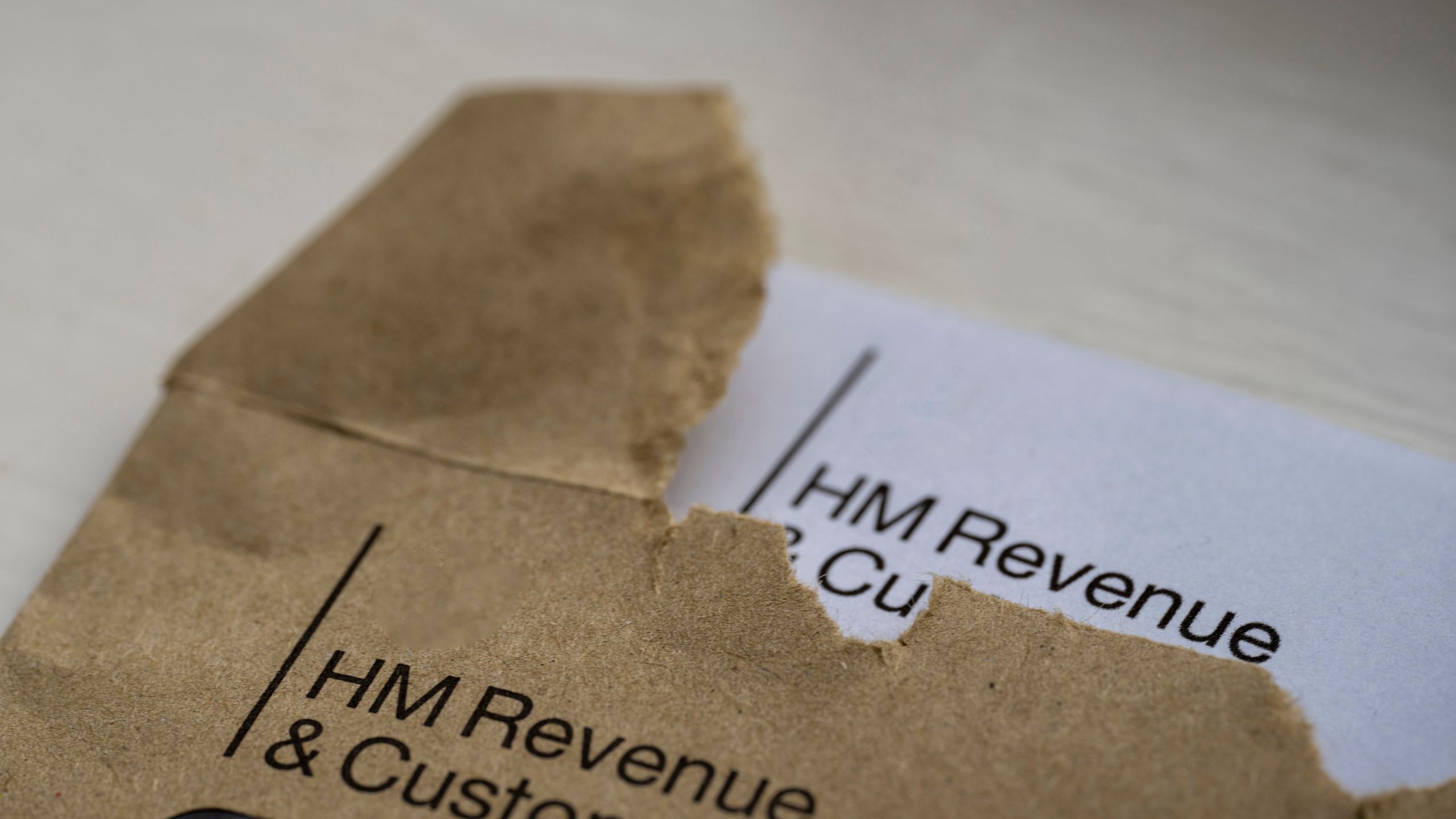
The risk of not ensuring the tax compliance of agency workers and contractors used in your business cannot be ignored. The Criminal Finances Act (2017) introduced the failure to prevent tax evasion became a ‘Corporate Criminal Offence’. The primary industries affected by this legislation are the financial services and the agency worker supply chain, both of which unfortunately present life-changing risks to businesses and individuals.
My company isn’t doing anything wrong, so why should I care?
What isn’t widely known or understood is that unlike other aspects of criminal legislation and prosecution, a reverse burden of proof applies to a CCO. With most criminal prosecutions, the burden is on the prosecutor to prove a defendant’s guilt with CCO; it’s the other way around.
It’s not for the prosecutor to prove a corporate didn’t have reasonable preventive procedures in place; it’s for the corporate to prove they did. Suppose you haven’t got due diligence procedures or reasonable preventative measures in place. In that case, it’s going to be quite difficult to stand in front of a jury trying to articulate your defence.
Currently, if found guilty, a successful prosecution can lead to:
- An unlimited fine.
- A public record of conviction.
- Significant reputational damage and adverse publicity.
What does HMRC expect companies to do?
HMRC released the ‘6 Guiding Principles’ to form organisations’ prevention processes to protect them against potential prosecution. These principles fall under the following headings:
- Risk Assessment
- Proportionality of Risk-Based Prevention Procedures
- Top-Level Commitment
- Due Diligence
- Communication (including training)
- Monitoring and Review.
Two key elements underpin each principle. Firstly, a proactive approach is expected, and there is also a requirement to provide evidence of all steps being taken to prevent a corporate criminal offence. For some businesses, this is easy to do; however, organisations with many suppliers and clients such as recruitment agencies, government departments and large private organisations will find monitoring and evidencing the compliance an impossible task, detracting from day-to-day activities.
What can Umbrella Check Ltd do to help?
Simply put, Umbrella Check is a compliance business that allows end clients and recruiters to actively monitor and evidence the tax compliance of their temporary staff. By conducting ongoing and spontaneous independent reviews of umbrella companies and their compliance with UK tax and employment law, we provide each organisation with evidence demonstrating key elements of HMRC’s 6 Guiding Principles. Should you wish to receive more information about Umbrella Check and the services we can offer to protect your business, please get in touch with the team today.



